
Opinion: Josh Tate on Cenotaph experience
Last weekend, the UK remembered the fallen in the annual Armistice Day and Remembrance Sunday commemorations.
It’s something I’ve been aware of, but until now seemed theoretical. Perhaps the most notable year recently was 2018, the centenary of the end of the First World War, but I was only 12 and in secondary school.
I haven’t been a cadet, and I don’t really come from a service family- only my grandparents and great-grandparents were in the Navy, so there’s no direct contact with my life.
However, I was surprised to read a survey that shows Gen Z, which is the generation of people born from 1997 to 2012, are dramatically less likely to think it is important to mark the occasion – just 65 per cent, compared with 90 per cent of people from around my grandparents’ age.
But this year I was invited to be at the centre of it all at the Cenotaph in London. That’s because since starting work experience at Devon’s Radio Exe, and then getting a part-time job alongside my journalism course at Exeter College, I was asked to do a number of live media interviews on national radio.
Just ahead of the commemorations, the Western Front Association invited me to report for them from the Cenotaph. They’re a charity that aims to commemorate the courage and comradeship of all those who fought on all sides and who served their countries during the Great War of 1914 -1918.
In Whitehall on Armistice Day, I met people whose lives, like mine, weren’t directly affected by wars, and some people whose were. This opened my eyes, and I reflected on the solemnity throughout the day.
Being in London at this sensitive time, I was also aware of the protestors preparing to gather later that day a mile or so away, and their concerns too.
The whole experience got me thinking. That survey, and my own very limited knowledge and a time I’m being asked to interview people whose knowledge is greater than mine. I’m concerned that the younger generation aren’t taught the reasons behind key events in our calendar. If fewer than half of people don’t know what we’re remembering on Remembrance Sunday – the end of the First World War – that’s not great for the sacrifice they made.
That I can report, freely on what I see, as other people are able to freely protest, within the bounds of the law. I know not everywhere in the world is like that.
Members of many faiths and of none fought alongside the Allies in the Great War. At the Cenotaph, I had the pleasure of speaking with members of the Sikh Pioneers’ Association who conveyed passion for their roles and explained why the Western Front Association’s Service of Remembrance means so much to them.
Interviewing Lady Lucy French, whose great-grandfather Sir John French was the first commander of the British Expeditionary Force, enlightened me on the work and support some people do. Her charity supports children affected by war and with conflicts around the world now. It was very touching to hear about.
I also spoke with some secondary school pupils who made the trip from Northern Ireland to London after winning an award that encouraged the younger generation to research the Great War and summarise it.
I hope the work that the Western Front Association does with the younger generation enables my generation, Gen Z, of 11 to 25-year-olds, to think of the importance of marking the occasion every 11 November. We’ve all heard the phrase the eleventh hour. It’s sad to think so many people don’t know its significance. The hour on the eleventh day of the eleventh month in which the carnage ceased.
This year, I wore my red poppy and it meant more to me as I was close to the centre of the nation’s remembrance build-up. From now on, I will continue to wear a poppy with even more pride and be an advocate to ensure younger people remember what we owe those who went before us.
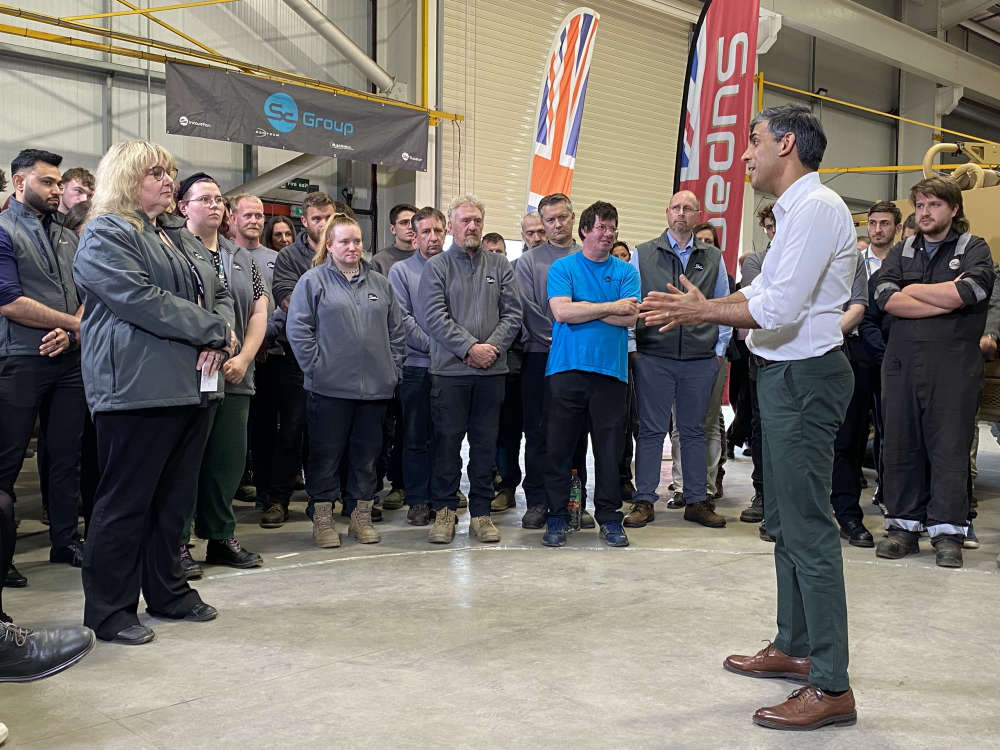 Prime minister hits campaign trail in Devon
Prime minister hits campaign trail in Devon
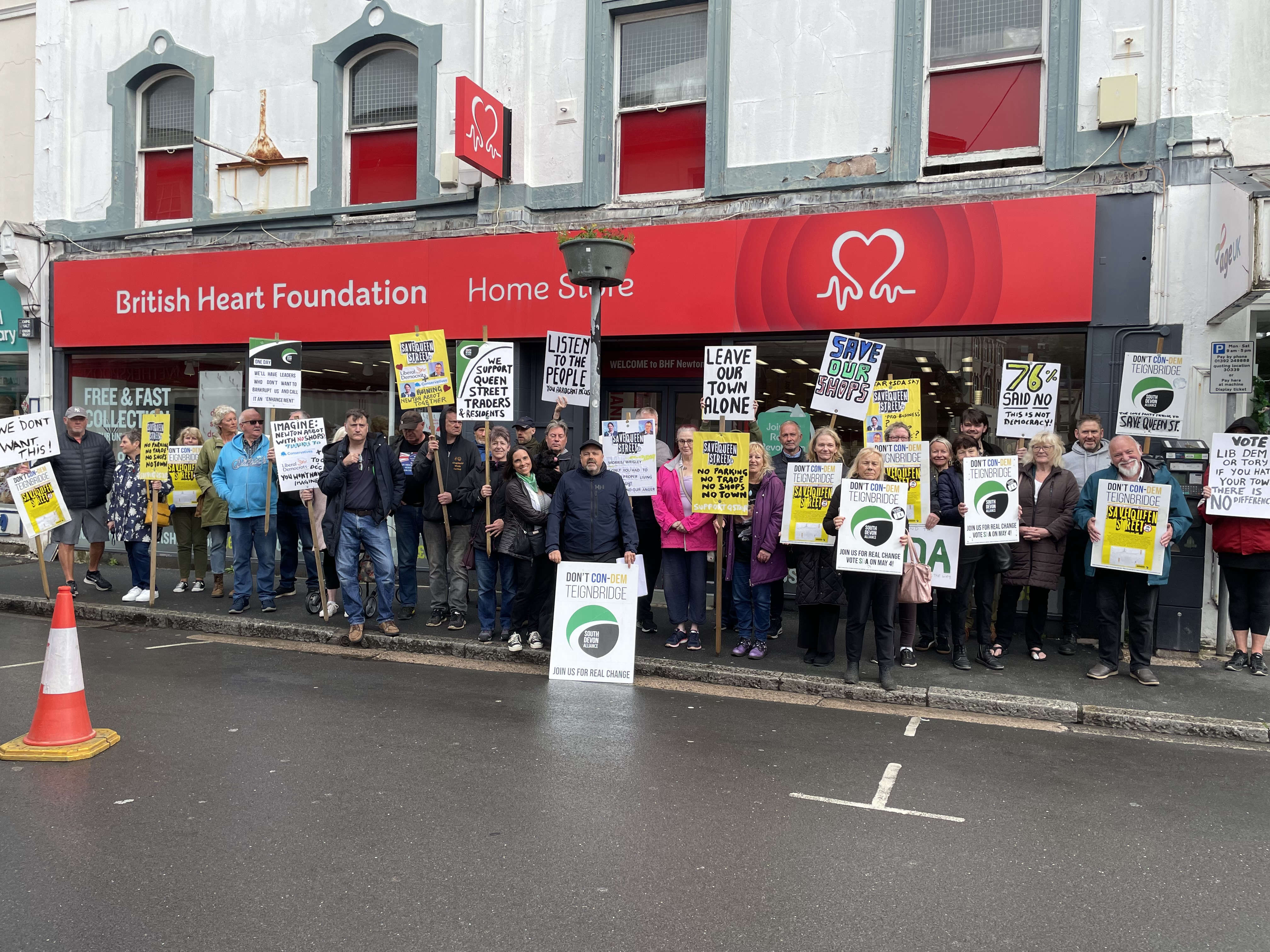 Controversial Newton Abbot revamp begins
Controversial Newton Abbot revamp begins
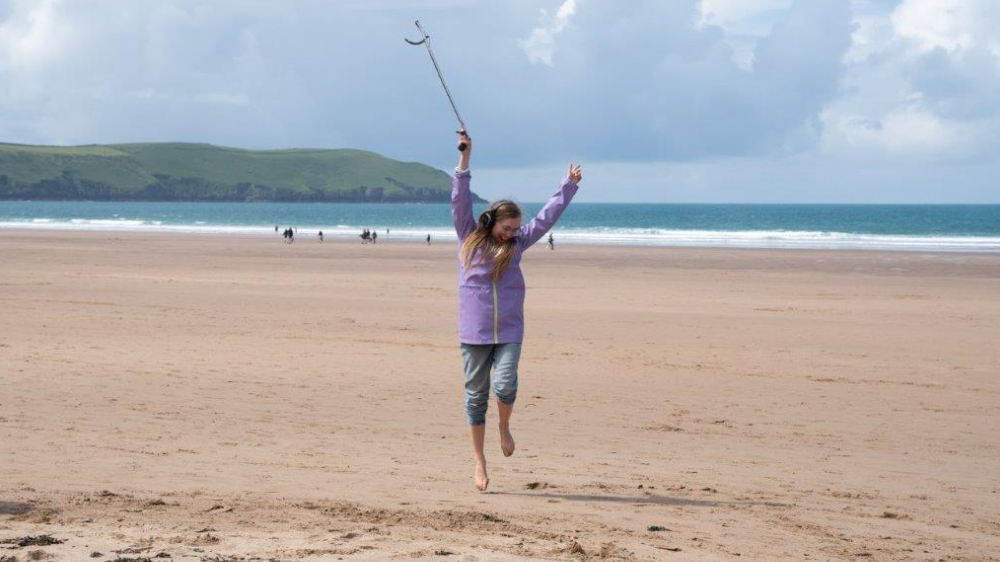 Disco beach clean increases numbers
Disco beach clean increases numbers
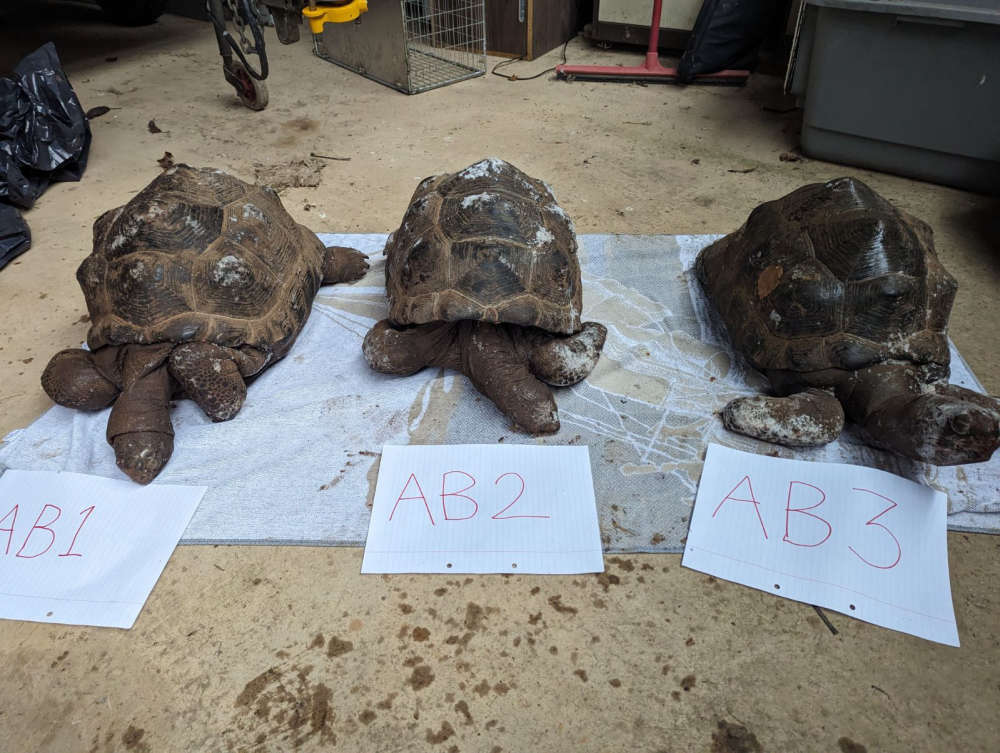 Man ordered to court over tortoises deaths
Man ordered to court over tortoises deaths
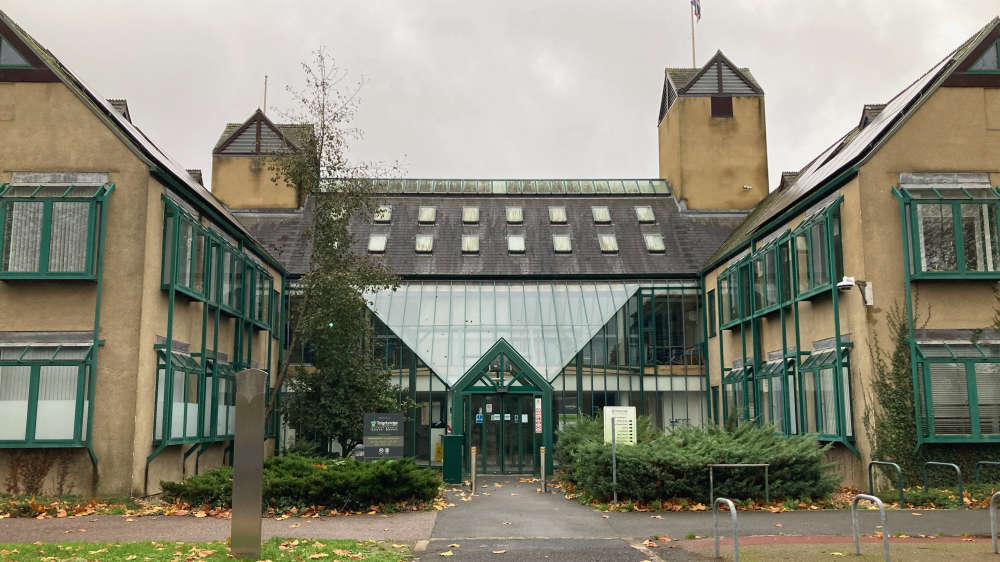 Angry walkout over committee chair choice
Angry walkout over committee chair choice
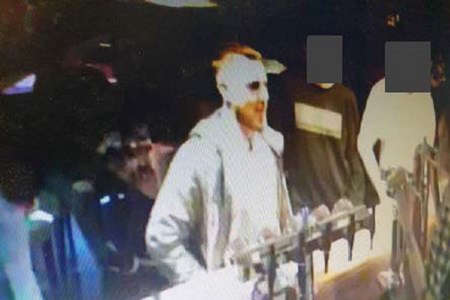 Plymouth security guard assaulted
Plymouth security guard assaulted
